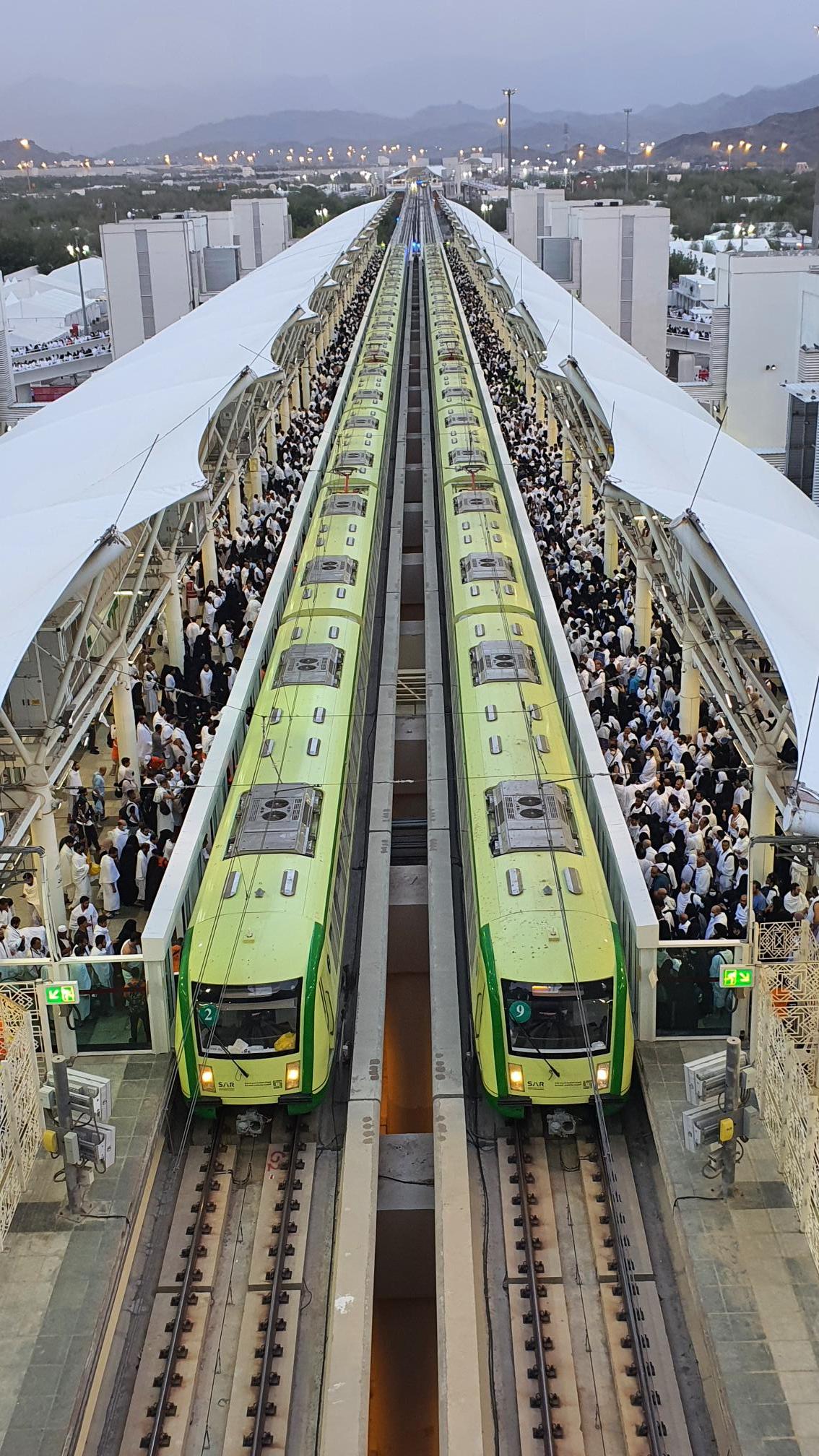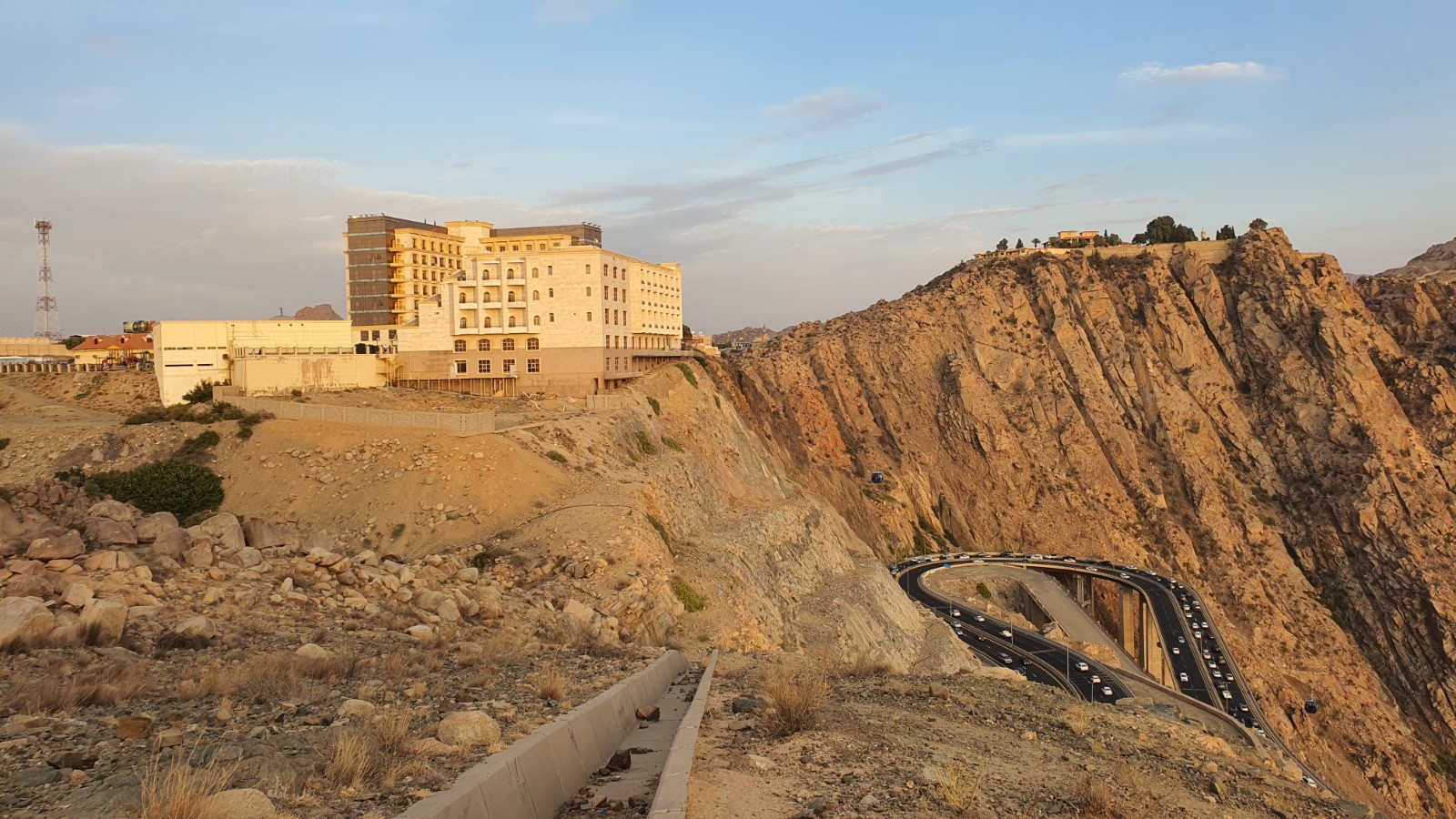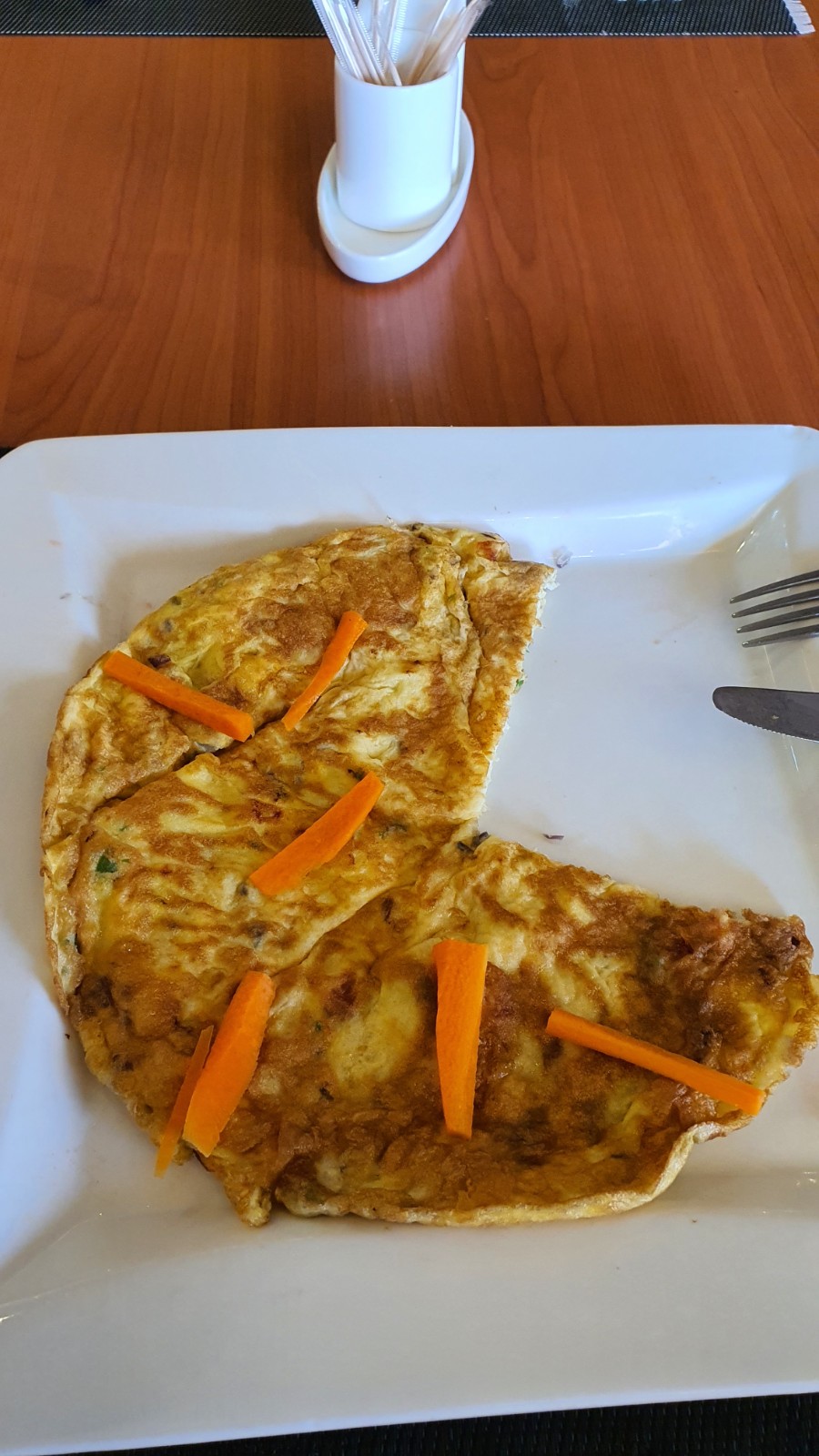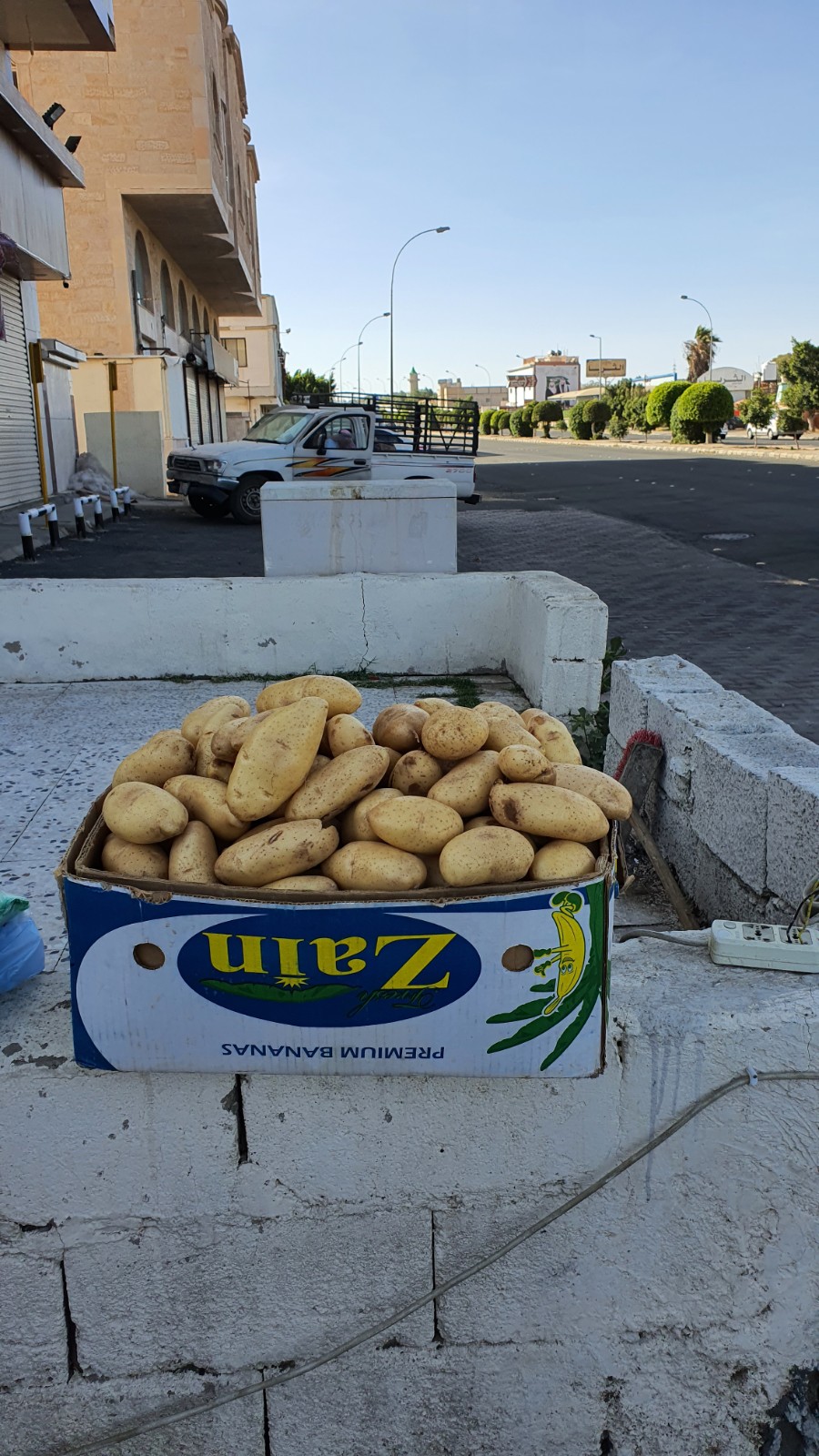Hajj 1443
After a break of 3 years, the metro in Makkah
(Mecca) was required for the Hajj pilgrimage. The last “normal” year had been
2019 (Hajj 1440), with micro- and mini- hajjes being held in 2020 and 2021. In
2022 (1443) the number of Hajjis (people performing the Hajj) was up to nearly
1,000,000, which although well less than the normal 2,500,000 is still a lot of
people. And so the railway was dusted down and pressed into use again. I have
described the Hajj metro system before, so what has changed?
On the railway technical and operational side, not much. But on the organizational front there have been changes. Ownership of the railway has changed, and it now belongs to the Royal Commission for Makkah City and Holy Places. The service provider is now Saudi Arabian Railways (SAR), the company that operates all he heavy rail systems in the Kingdom. And the contracted entity that delivers the operation of the railway is the Chinese operator CRCC. For the Hajj they import a couple of hundred personnel from Beijing metro to operate the control centre and drive the trains. And thus I spent my 4th Hajj helping the Saudis supervise the operation.

Pilgrims boarding trains in parallel at Arafat 3 station
In previous years I have been given access to Makkah city by the issuance of a paper permit, but this year technology has caught up and the Tawakkalna Services app (not to be confused with the Tawakkalna health app, see previous blog entry) now shows my official permits electronically and my Makkah access pass was contained in this electronic wallet. Even better, the car we were using was provided with a windscreen sticker that had a QR code in its motif, and this was scanned by the various security checkpoints. No more cross-checking of permits, all very simple when it worked.
My colleagues and I stayed in an hotel at Al Hada, between Makkah and Taif, so we had to run through 3 checkpoints every day we went into Makkah. These checkpoints appear to be for the purpose of keeping out illegal Hajjis rather than any security reasons. Hajjis tend to be easily spotted because on their pilgrimage journey to Makkah they are required to dress simply wearing the 2 strips of cloth. Westerners (or “blue-eyes” as we are known) wearing long trousers and high-viz vests don’t look like hajjis. In previous years there had been much checking of IDs and paperwork, but this year the QR code and electronic permissions worked perfectly. When things work in KSA, they seem to work well because of all the joined-up bureaucracy. The hotel we stayed in differed from the usual one as intelligence gleaned prior to the Hajj suggested it had deteriorated in quality – intermittent water supplies, food quality poor etc. The place we stayed at was adequate in all these factors. Only one food story of note, I asked for a vegetarian omelette for breakfast one morning, and certainly received one. First time I ever have had an omelette with carrots!
 View of our hotel which overlooks the Makkah valley
View of our hotel which overlooks the Makkah valley
 Carrot omelette!
Carrot omelette!
But a bit further from the main drag where the eateries were, and on the days that we had time for an evening meal (we worked shifts to mirror the peak Hajj service requirements) we had a 20 minute walk to the restaurants. Due to the altitude of Al Hada, this was usually a very pleasant walk, as the temperature was at least 10 degrees cooler than that in Makkah, being over 6,000 feet higher altitude. It’s a an inland holiday destination for Saudis and there were many family tourist groups there during the Eid al Adha break.
 Fruit for sale on the pavement: strange-looking bananas!
Fruit for sale on the pavement: strange-looking bananas!
There are no western restaurants in Al Hada – apart from a pizza takeaway – so we ate a variety of Asian foods, usually Arabian, but also Afghan and Pakistani. These were all rice and meat based, with kebabs, kofta and fruit too. I’m quite happy to eat these, but when it’s the staple diet for days on end, it does make a western meal more appealing. We had one visit to the pizza shop, and although it was take-away only, there was a low wall outside which gave a handy perch to eat from the box. That evening, as we walked back to the hotel we witnessed an appalling incident: a woman with five children were crossing the road and a large SUV car came along, and in the darkness failed to see them. I won’t describe the scene, It gives me the shudders just recalling it, but amazingly and miraculously nobody was killed. The youngest who was in a pushchair/stroller ended up underneath the car and some of the others were thrown aside. Many people ran to help, but my colleagues, both Arabic speakers – told me to stay clear and call for ambulances. The mother who was uninjured, rounded up her kids and watched in distress as people pulled the little one out from under the car. The pushchair was completely wrecked but the baby seemed to be uninjured. An ambulance arrived within 10 minutes or so, and after examinations declared that everyone was OK. One of my colleagues suggested that we give the mother a donation to help her buy a replacement pushchair, so we all chipped in. He said that from their dress and trajectory that they were local people and not well off. The mother refused to take the money, but after my colleagues insisted and said that it was for a new pushchair, she accepted. I didn’t sleep well that night, it could have been so much worse for that family.
And at the end of the Hajj, back from Taif airport to Riyadh (Makkah does not have a commercial airport, possibly the largest city in the world not to have one?(population 2,100,000)). By coincidence Elaine was returning from the UK at the same time and I made my way from Riyadh T5 to T1 and met up with her there. Good timing!
